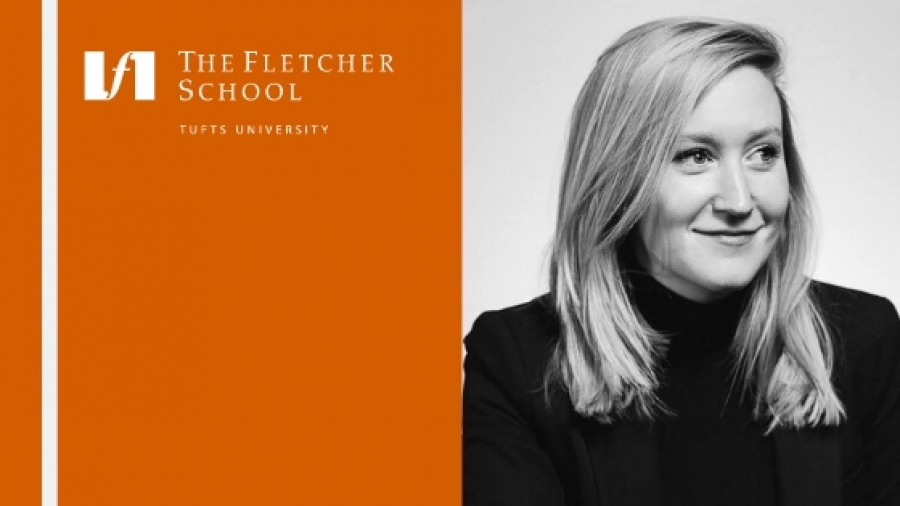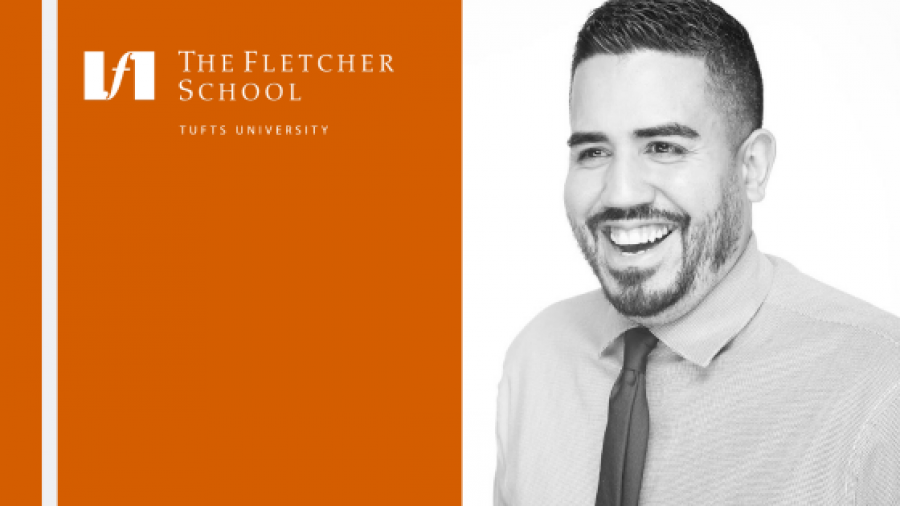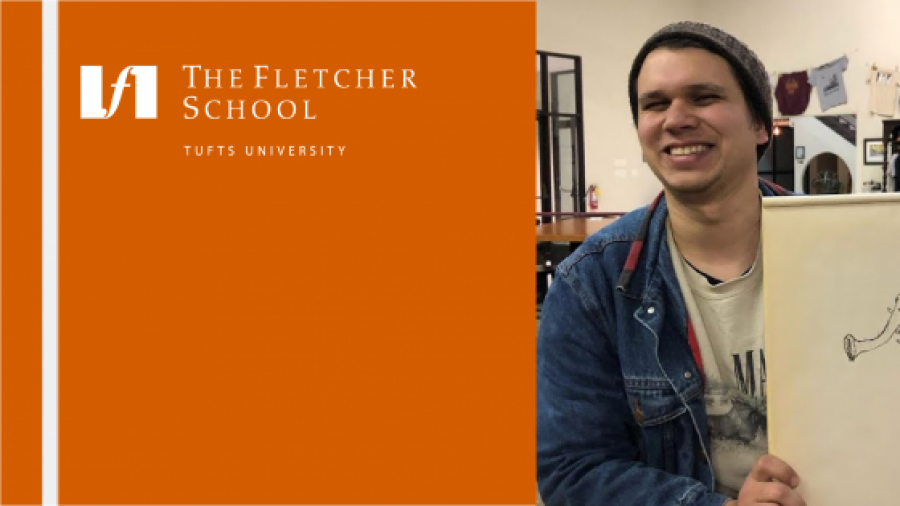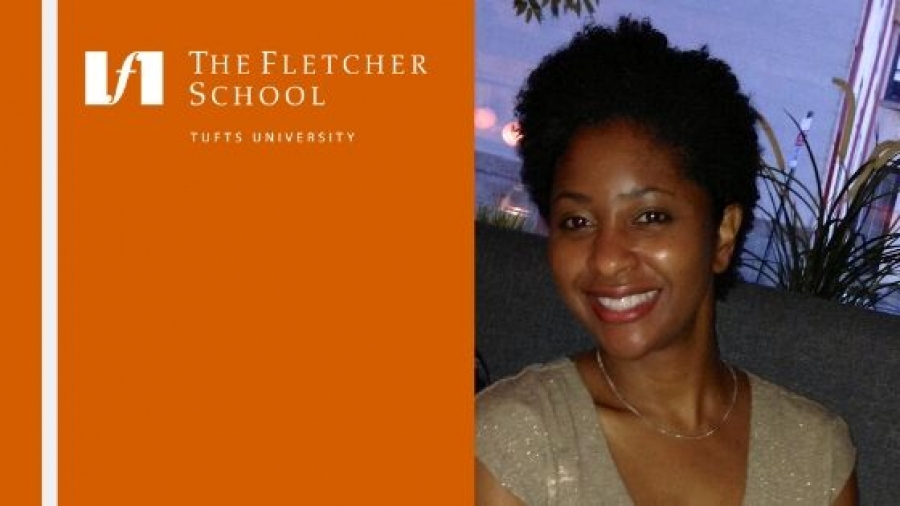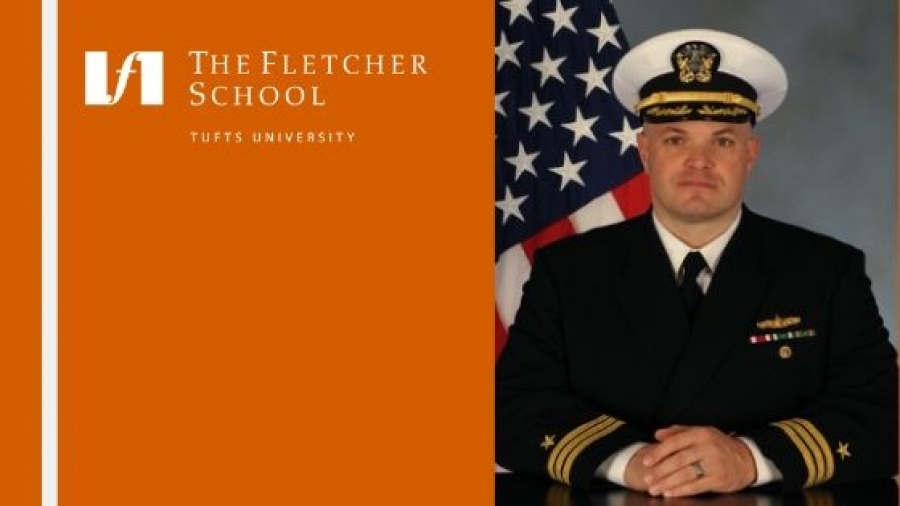Hello! My name is Margaret and I’m the Chief of Staff at a media platform for the global development community. Before this program I spent some time in politics, lived briefly in Jordan, earned my BA in Government from and played field hockey for Smith College.
What drew you to the Global Business Administration program?
The GBA program combines fundamental business skills and knowledge with international policy and politics. In my opinion, this is where the magic happens: at the intersection of business, international policy, and development. Now more than ever, we see how interconnected our world is and if you are someone who hopes to have a positive impact on the world, the GBA program gives the practical tools and theoretical knowledge needed to figure out where you fit into the changing global landscape of sustainable impact.
What is one course that you have taken thus far in the GBA program that has been instrumental in helping you to achieve your current professional goals?
I do not have a background in finance, so Corporate Finance was a class in which I struggled. However, it was also one of the most rewarding classes and within the first two weeks, it began to transform the way I read the news and ask questions of my clients. I want to understand everything there is to know about the way different sectors of my industry operate and Corporate Finance was fundamental to that understanding. The professor also did a great job of reminding me to be creative in my thinking and lean into having a sense of humor in the heat of the moment – two lessons every professional needs to be reminded of throughout their career.
Is there a topic that you have learned about at Fletcher that has particularly resonated with you and if so, why?
In our strategy class we discussed Patagonia and whether businesses can create sustainable change in an industry while also making a profit. This is something I think a lot about, but the way my classmates interacted with the topic – some cynical about marketing strategies, some truly passionate about the potential of social enterprises to create sustainable change – was fascinating. Their perspectives helped me to further develop my own analysis and figure out what questions I needed to ask next. It demonstrated to me, once again, the power of being in a classroom with people from all over the world and how important diversity is to developing my own views and beliefs.
Seeing as the program is mostly online, do you have any advice on how to best foster relationships and increase collaboration with fellow students and faculty?
Start with study groups. Reach out to your classmates and ask if they want to study with you and as you study together, do what you would normally do – talk about work, your home life, what’s going on with your friends and family…etc. It is important to spend a little extra time just chatting the way you would before or after an in-person class. Creating group chats and using them for more than just school is also important – it allows you to develop friendships outside of the classroom. Many of us work full time, so there is a tendency to treat these chats and calls as if they are work calls at the beginning but try not to do this. Bring your full self to the table, including whatever is happening in your life – work, family, and friends – and you’ll find you’re able to foster deeper connections with classmates, even if it is online. It takes some extra effort, but if you put yourself out there, you will find the people you really click with and you will make lasting relationships.
Do you have a quote, saying, or personal mantra that has been helpful along your professional (or personal!) journey?
The wisest man I know, my father, always used to say, “an injured rescuer does the victim no good.” He heard it once in a first aid course from a woman named Jan Brinkman and it became one of the many mantras in our household. Like a lot of his sayings, this one had multiple meanings and is useful in many contexts. For a long time, I took it to mean you need to take care of yourself because if you do not, you cannot care for others. This is true, but more recently, it has meant to me that in order to make a difference, you must be really solid in your principles, what you are trying to do and why you are trying to do it. Only then can you make the difference or impact you’re hoping to make. It reminds me to invest in my principles and pursue knowledge passionately and by doing so, to be confident in the impact I can have in the larger global context as a student and as the Chief of Staff of a social enterprise.


